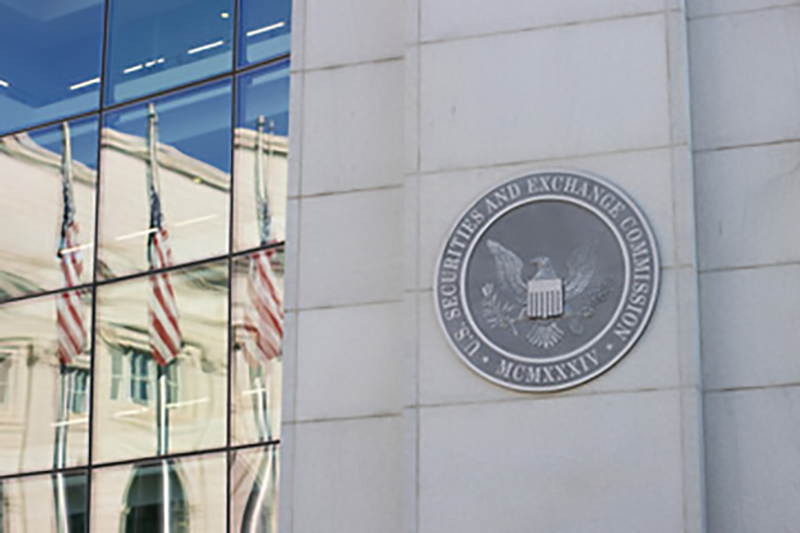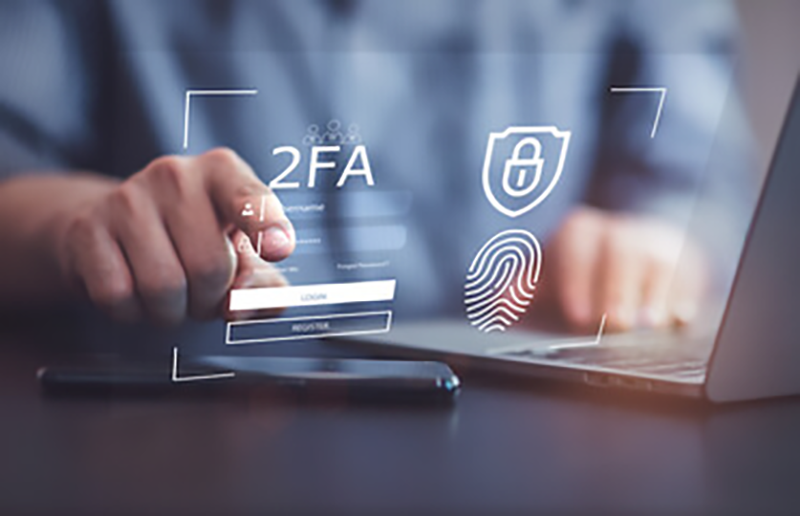EMAIL SECURITY
To effectively protect against phishing attacks, it is crucial to implement three primary measures: employee training and awareness, email filtering and scanning, and multi-factor authentication (MFA). These steps form a strong defense, but it’s also important to maintain a comprehensive security approach. This includes regularly updating software, limiting access to sensitive data, and having a robust incident response plan in place to ensure overall protection.
Ensuring Email Security: Protecting Access and Content
Email security refers to the collective measures used to secure the access and content of an email account or service. It allows an individual or organization to protect and ensure that sensitive information in email communication is not accessed or disclosed to unauthorized individuals or entities.
Email security is crucial for several reasons:
Emails often contain sensitive information such as personal details, financial data, and other confidential business information. Unauthorized access to this information can lead to significant damage, including financial loss, identity theft, and legal consequences.
Businesses in many sectors are required to comply with data protection regulations such as the General Data Protection Regulation (GDPR) in the EU, the Health Insurance Portability and Accountability Act (HIPAA) in the US, or other industry-specific regulations. Secure email practices are a key part of meeting these requirements.
A security breach, particularly one that results in the exposure of sensitive customer data, can seriously harm a company’s reputation. Ensuring email security can help maintain customer trust and confidence.
Effective email security can help prevent spam and phishing attacks, which not only lead to increased risk of malware infection and data breaches but also can disrupt business operations.
Emails are commonly used to distribute malware, including ransomware and spyware. Secure email practices can help protect against these threats.
Critical Strategies for Implementing Robust Email Security Measures in Organizations
Given the potential threats and the central role of email in most business operations, implementing robust email security measures is crucial for every organization. This might include strategies such as secure email gateways, encryption, strong authentication practices, regular employee training, and maintaining up-to-date software and systems.



